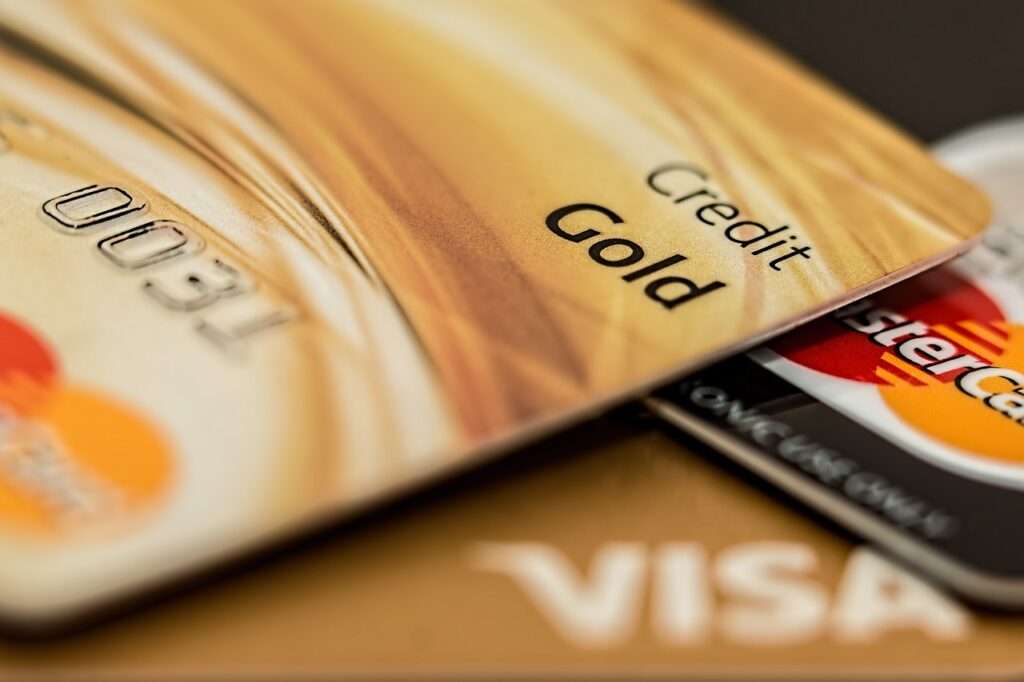Living a debt-free life is a significant goal for many individuals, representing not only financial freedom but also the ability to thrive rather than just survive. Regardless of the reasons behind the debt, whether it’s student loans, credit cards, car loans, or medical expenses, debt can be a source of stress. It’s important to note that not all debt is bad, as low-interest debt that contributes to increasing your net worth, such as a mortgage, can be considered good debt.
To achieve a debt-free life and alleviate financial stress, here are five strategies and additional insights to guide you on your journey:
- Determine Your Definition of Debt-Free Living: Begin by understanding what debt-free means to you and set realistic expectations based on your unique financial circumstances. It could involve eliminating all forms of debt, avoiding reliance on credit cards, or specifically targeting bad debt like high-interest credit cards and payday loans. While there are numerous benefits to being debt-free, it’s essential to consider potential downsides as well. For instance, becoming “credit invisible” can be a consequence if you close all your credit accounts. It may hinder your ability to obtain credit or loans, rent a home, or even acquire favorable rates for services like cell phone plans or car insurance.
- Assess Your Total Debt: Before devising a plan to eliminate debt, it’s crucial to have a clear understanding of your overall debt situation. Calculate the exact amount of debt you owe and evaluate your debt-to-income ratio. This knowledge will empower you to make informed decisions and determine the best approach for tackling your debt.
- Choose a Debt Repayment Method: Various strategies can help you pay off debt efficiently. Consider the following options:
- Debt Snowball Method: This approach involves prioritizing the repayment of your smallest balance first while making minimum payments on other accounts. Once you eliminate the smallest balance, you redirect the amount you were paying towards the next highest debt, creating a snowball effect as you progress.
- Debt Avalanche Method: With the debt avalanche method, you focus on repaying the debt with the highest interest rate while maintaining minimum payments on other debts. After paying off the highest interest debt, you move on to the next one, gradually reducing your overall interest payments.
- Debt Consolidation: Consolidating your debt involves combining multiple high-interest debts into a single monthly payment at a lower interest rate. Debt consolidation can help simplify your finances, shorten the repayment timeline, and make it more manageable to handle.
- Debt Relief Options: In some cases, seeking professional debt relief services might be necessary, especially if paying off your unsecured debt within five years seems impossible or if your total unsecured debt exceeds 50% of your gross income. Debt relief options can include debt management, bankruptcy, or debt settlement. It’s crucial to explore these options carefully and choose the one that aligns with your specific needs and financial circumstances.
- Implement an Effective Budgeting System: Establishing a budgeting system is a crucial step in maintaining a debt-free life. Start by tracking your expenses and income to gain better control over your finances. Experiment with different budgeting techniques such as zero-based budgeting, the 50/30/20 method, or the envelope system to find an approach that suits your preferences and goals. Additionally, leverage budgeting apps that automate the process and offer personalized solutions to match your needs.
- Prioritize Building an Emergency Fund: As you adapt to your new budgeting system, make building an emergency fund a top priority. Even if you can only save small amounts initially, having an emergency fund safeguards you against unforeseen expenses and prevents the need to accumulate new debt. Set attainable monthly savings goals, automate your savings contributions, and consider utilizing savings-focused apps to cultivate a habit of saving money gradually.
Managing Your Emotions: It’s important to recognize that debt or living a debt-free life should not be viewed as a moral judgment. Having debt doesn’t make you a bad person, nor does being debt-free automatically make you a good person. If you seek to improve your financial habits and develop a healthier relationship with money, consider consulting with a financial therapist or expert who can provide guidance, clarity, and support throughout your journey.
By implementing these strategies and seeking professional assistance when necessary, you can navigate your path toward a debt-free life, fostering financial well-being and greater control over your future.



